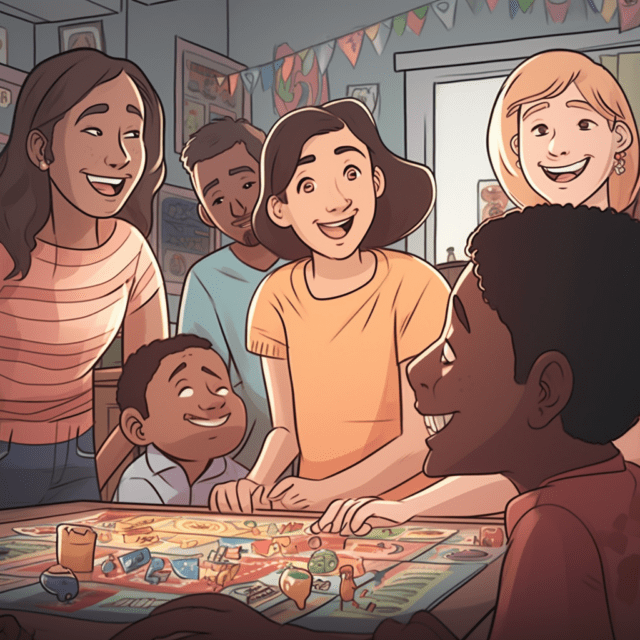Why can young children learn a language more easily than an adult?
Learning a language is like opening a door to a whole new world. The ability to communicate in another language can bring immense joy and countless opportunities. Have you ever wondered why young children seem to pick up new languages effortlessly, while adults struggle? Let’s explore the fascinating reasons behind this phenomenon.
1. The Magic of Plasticity
Our brains are amazing! When it comes to learning a language, young children have a natural advantage. During their early years, their brains are incredibly malleable, like playdough. This flexibility is called plasticity. It allows children to absorb new information quickly and without much effort. As we grow older, our brains become less flexible, making it harder for us to learn new languages as effortlessly as children do.
2. Soaking Up Sounds
Imagine learning a musical instrument. The earlier you start, the better you become, right? The same principle applies to language learning. Babies are born listening to their caregivers’ speech, and they quickly tune their ears to the sounds and rhythms of that language. This is why accents in certain languages can be difficult for adult learners to master. When children are exposed to different languages from an early age, their brains automatically become adept at detecting and reproducing new sounds, making language learning easier for them.
3. A Natural Immersion Experience
Young children are language-learning sponges! Have you ever observed a child imitating the people around them? They watch, listen, and mimic everything. This natural ability to imitate and emulate is a powerful tool for language acquisition. Children effortlessly absorb vocabulary, grammar, and even the cultural nuances of language by observing and interacting with their environment. It’s like they’re constantly immersed in a language learning experience.
4. Fearlessly Making Mistakes
As adults, we often fear making mistakes when learning something new, including a language. Young children, on the other hand, are fearless! They boldly try new words and phrases without worry. Children are not concerned with being grammatically correct or sounding silly. This fearlessness allows them to gain confidence in language learning, and it also means they get more speaking practice, which is vital for acquiring a new language.
5. Grammar? What’s That?
Oh, grammar. It can be the bane of every language learner’s existence. But guess what? Young children don’t worry about grammar rules. Instead, they focus on communicating their needs and desires. Learning a language becomes more about understanding and being understood. While adults tend to overthink grammar and syntax, children bypass these complexities and focus on the essence of communication. This simplicity takes some of the pressure off and makes language learning more enjoyable.
To summarize, young children have a marvelous knack for language learning. Their brains are highly flexible, they soak up sounds effortlessly, and they learn through natural immersion experiences. Their fearlessness in making mistakes, combined with their focus on communication rather than grammar, makes language acquisition an exciting adventure for them. So, embrace the child within you, and don’t let age hold you back from learning new languages!
- Plasticity: The brain’s ability to change and adapt. In the context of language learning, it refers to the brain’s flexibility in acquiring new languages.
- Accent: The way a person pronounces words in a particular language, influenced by their native language and speech patterns.
- Immersion: Being surrounded by and fully engaged in a particular environment or experience. In this case, it refers to the constant exposure to a language and culture.
- Grammar: The rules and structure governing how words are organized and combined in a language.
- Syntax: The arrangement of words and phrases to create grammatically correct sentences.












